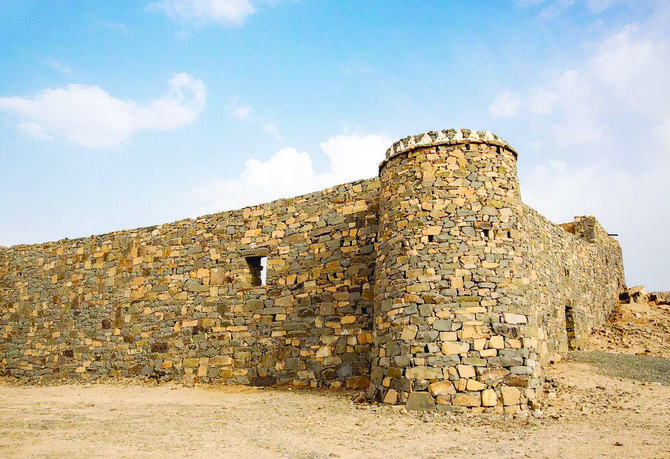RIYADH: Saudi Arabia condemned the storming of the Al-Aqsa Mosque in occupied Jerusalem on Wednesday by Israel’s far-right National Security Minister Itamar Ben-Gvir.
The Saudi Ministry of Foreign Affairs said it strongly condemns “the storming of the Al-Aqsa Mosque by the Israeli national security minister under the protection of occupation police.”
The ministry reiterated its condemnation of the attacks on the sanctity of Al-Aqsa Mosque, the Saudi Press Agency reported.
It also condemned Israeli forces for targeting an UNRWA clinic in Jabaliya camp, northern Gaza, and denounced attacks on UN and relief organizations and their staff, the SPA added.
The ministry said: “The Kingdom condemns these ongoing Israeli violations of international law and international humanitarian law, and affirms its categorical rejection of anything that would undermine the historical and legal status of Jerusalem and its holy sites.”
It added that Israeli violations of international law obstruct peace efforts and threaten global security.
The ministry highlighted the importance of protecting UN and relief organizations, as well as their staff, and called for holding Israeli authorities accountable for all violations.
Ben-Gvir’s visit to the Al-Aqsa compound in Jerusalem’s Old City on Wednesday prompted strong condemnation from Jordan and Palestinian militant group Hamas.
Rejoining the Israeli government
The minister, leader of the Israeli anti-Arab Otzma Yehudit party, visited the site after rejoining the government last month following the resumption of the war in Gaza.
Ben Gvir had quit the cabinet in January in protest at the ceasefire agreement in the Palestinian territory.
Since the formation of Prime Minister Benjamin Netanyahu's government at the end of 2022, Ben Gvir has made several trips to the Al-Aqsa compound, each time triggering international outcry.
The Jordanian Foreign Ministry also condemned Wednesday's visit as a "storming" and "an unacceptable provocation."
Hamas called it a "provocative and dangerous escalation," saying the visit was "part of the ongoing genocide against our Palestinian people."
"We call on our Palestinian people and our youth in the West Bank to escalate their confrontation... in defense of our land and our sanctities, foremost among them the blessed Al-Aqsa Mosque," it said in a statement.
The site is Islam's third-holiest and a symbol of Palestinian national identity.
Known to Jews as the Temple Mount, it is also Judaism's holiest place, revered as the site of the second temple destroyed by the Romans in 70 AD.
Under the status quo maintained by Israel, which has occupied east Jerusalem and its Old City since 1967, Jews and other non-Muslims are allowed to visit the compound during specified hours, but they are not permitted to pray there or display religious symbols.
Ben Gvir's spokesperson told AFP the minister "went there because the site was opened (for non-Muslims) after 13 days," during which access was reserved for Muslims for the festival of Eid Al-Fitr and the end of the Muslim holy month of Ramadan.
In recent years, growing numbers of Jewish ultranationalists have defied the rules, including Ben Gvir, who publicly prayed there in 2023 and 2024.
The Israeli government has said repeatedly that it intends to uphold the status quo at the compound but Palestinian fears about its future have made it a flashpoint for violence.
*Additional reporting from AFP




























